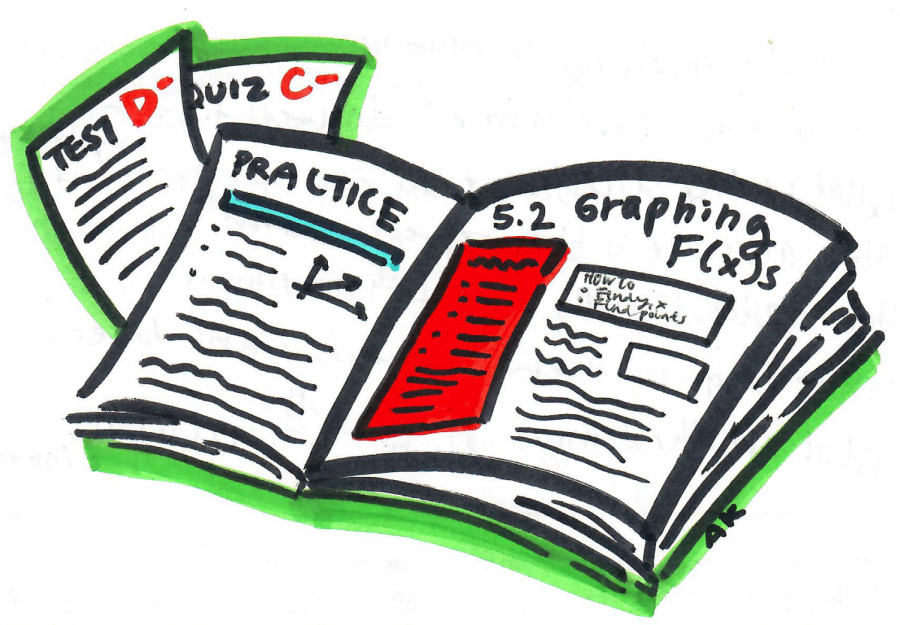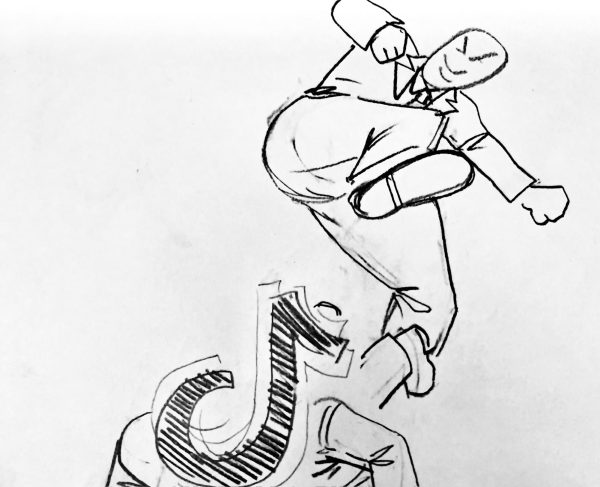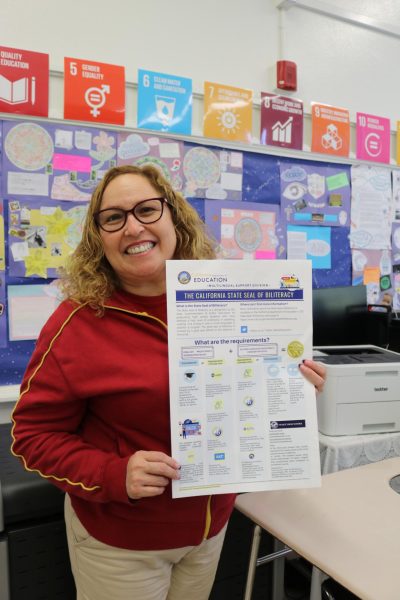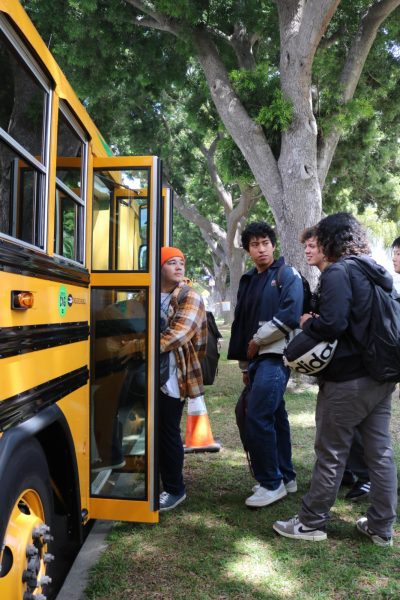Are Remedial Classes Effective Enough?
Does remedial math really work?
November 12, 2018
To earn a high school diploma, students need to pass almost all their classes, but this comes with one complication: math. Math is one of the most challenging classes that students have to fulfill, and there are a minimum of three math courses needed to satisfy A-G requirements.
Mr. Brent Rojo, the head of the math department, estimated that currently there are “over 100 students in Algebra 1 and Algebra 2 that have an F or D.” In 2004, of the 48,000 freshmen entering Algebra 1 at LAUSD, 44 percent failed. It’s no surprise that many students must attend remedial, or PASS, math classes. But how effective are they at readying students for more advanced math levels?
The students who are chosen for these PASS classes come from the pool of students getting an F or D, and of those, “students that have a good shot of moving and F to a D or a C and moving a D to a B, so you’re probably looking at about 40 to 50 [students].” Mr. Rojo explained. Teachers are in the process of identifying students who would be good for that, and those students would likely take a couple classes as a 7th period during the week and a handful of Saturdays.
When speaking with Mr. John Bruno, a teacher who had previously taught a PASS class, he said that the structure of the class was “like a large tutoring session.”
The PASS classes are built to get all students credit for a class that they have struggled with in the past. To do this, all the standards of a course have individual tests held for them; students do classwork to ready themselves for each test, but don’t receive any formal lecturing or teaching. If some students are able to pass a test, it’s assumed that they have met the requirements and are allowed to take the test for the next standard. Students that do not pass the test for a certain standard must continue to do classwork and take it again.
A former student of a PASS class, Mahari Francis, struggled with math before taking it, but after going through it, found that her skills had improved.
“When I took the SAT that following month, [my math] score improved 300 points.” she said. She was also prepared enough to take Pre-Calculus this year. Despite this success story, the system does have its flaws.
“The truth really is, they don’t really do a whole lot of math work in there because they’re just trying to get past those tests,” Mr. Bruno said. “And there are ways that they don’t have to take those tests.”
He went on to say that enough classwork allowed for students to get credit for a test without taking it. “So, if you asked me ‘Does it really help the students?’, I’d say no. The students do get helped a little bit with individualized work, but it’s not an actual class.”
The remedial classes aren’t as in depth as the two semester courses. Because of this, some students may find it harder to understand math classes that are more theoretical in the future. While some students benefit now, they may struggle later.









